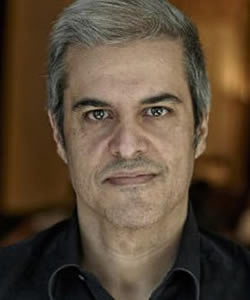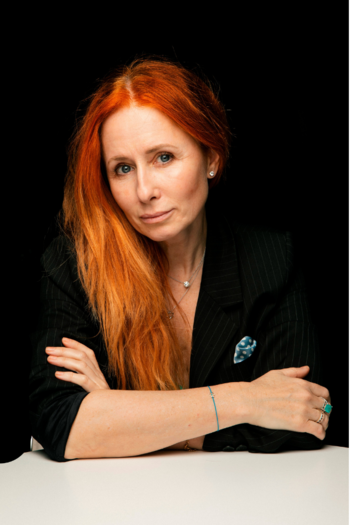SPICE Webinar: “Baseball’s Bridge to the Pacific: Celebrating the Legacy of Japanese American Baseball”
Webinar recording: https://youtu.be/OuqgZCnXyo4
When the U.S. government incarcerated over 120,000 people of Japanese descent during World War II (most of whom were U.S. citizens), Japanese Americans struggled to find a sense of normalcy behind the barbed wire. For some, this was achieved by playing baseball.
Using baseball as a lens to explore the history of Japanese Americans and the U.S.–Japan relationship, this webinar offers K–12 educators a virtual tour of “Baseball’s Bridge to the Pacific,” a special exhibit currently on display at Dodger Stadium. The tour will be led by Kerry Yo Nakagawa, the founder and director of the Nisei Baseball Research Project (NBRP). The exhibit celebrates the 150th anniversary of U.S.–Japan diplomacy (1872–2022) and chronicles the introduction and development of baseball in Japan since the early 1870s. The exhibit’s photos, memorabilia, and artifacts offer a unique glimpse into key milestones of Japanese and Japanese Americans in baseball over the past 150 years.
Join Nakagawa as he brings the legacy of Japanese Americans and baseball to life, live from Dodger Stadium! Attendees will receive a PDF of free curriculum materials on teaching about baseball and Japanese American incarceration, developed by SPICE and NBRP for high school and community college teachers.
This webinar is sponsored by the Stanford Program on International and Cross-Cultural Education (SPICE), the Nisei Baseball Research Project (NBRP), the National Consortium for Teaching about Asia (NCTA), and the USC U.S.-China Institute.

Online via Zoom.

















